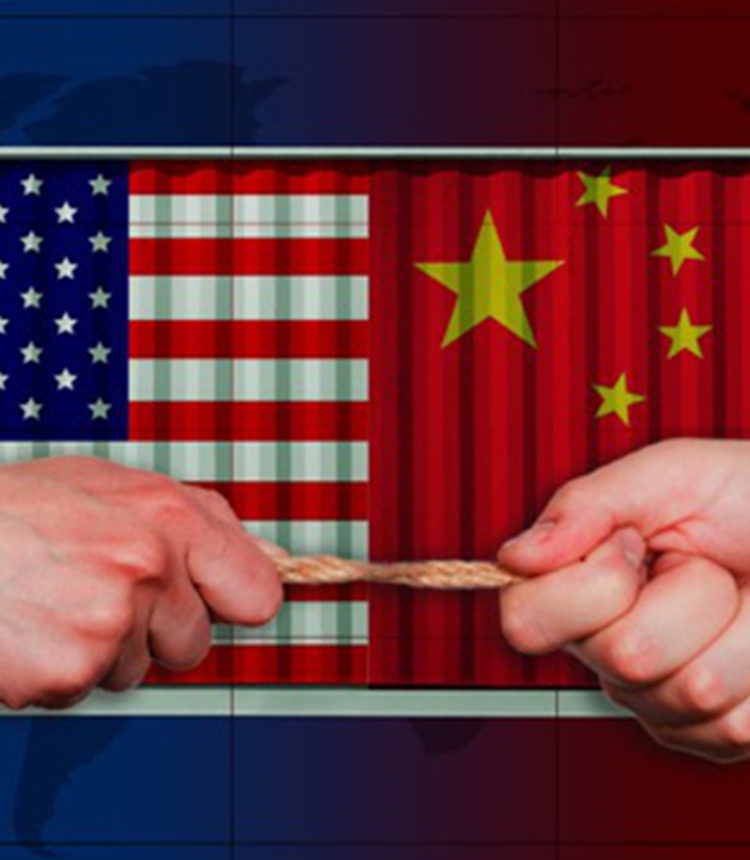
China US Photo: GT
Amid US government pressure, Facebook has given up a project to lay more than 8,000 miles of fiber cable along the seabed to connect California with Hong Kong, leaving no winner for either the US or China, according to an analyst.
The US social media giant told the US Federal Communications Commission that it would withdraw its application for the Hong Kong-Americas (HKA) project, permission for which was sought in 2018, the Wall Street Journal reported.
Proposed by a consortium made up of Facebook and several Chinese companies, the submarine cable project drew the scrutiny of the US government.
Dropping the undersea internet cable link between Hong Kong and California results in no good outcome for either the US or China, the world’s two largest internet countries, Xiang Ligang, director-general of the Beijing-based Information Consumption Alliance, told the Global Times on Friday.
Submarine cables carry more than 99 percent of international data traffic, boasting the advantages of faster speed and lower costs compared with satellite connection.
As the backbone of the internet, undersea cables are conducive to the transmission of information between countries, and the current cross-border data flow is also important for globalization, Xiang said.
Both China and the US have the largest quantity of information flow, each having the need to connect businesses and internet users.
In addition to the HKA project, another cross-Pacific fiber project called Pacific Light Cable Network (PLCN), funded by Facebook and Google owner Alphabet Inc. is also on hold due to so-called national security concerns by the Trump administration.
As a result, the PLCN had to give up its connection with Hong Kong and will only operate between the US, the Philippines and the island of Taiwan.
“Bypassing Hong Kong but including Taiwan due to so-called national security concerns will achieve connection in a way that will result in an inefficient network,” said Xiang.
“The US authority’s move to drop the cable connection with Hong Kong is harmful and will have an impact on the development of major companies and countries around the world, causing unnecessary costs,” he added.
According to secrss.com, a Chinese cyber security website, the dynamic Asia-Pacific economy makes the region an important area for submarine cables. By the end of 2019, there were 16 ongoing submarine cable projects in the region.
US company SubCom, Japan’s NEC and companies in Europe account for around 90 percent of the global market share in the submarine cable industry, according to secrss.com.




